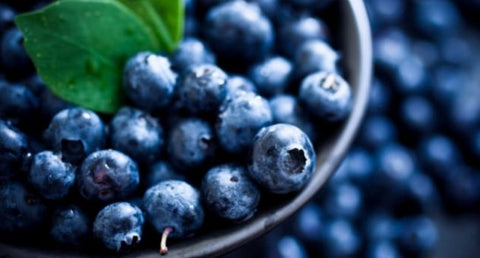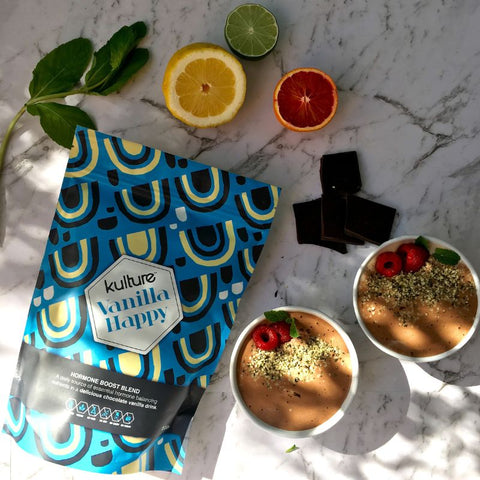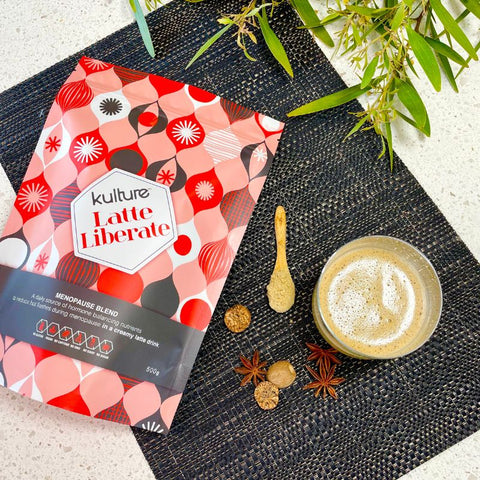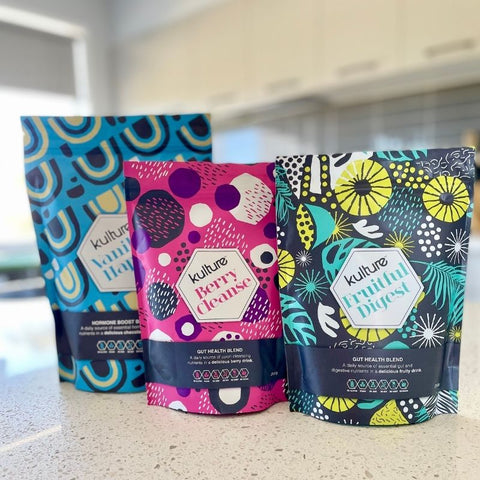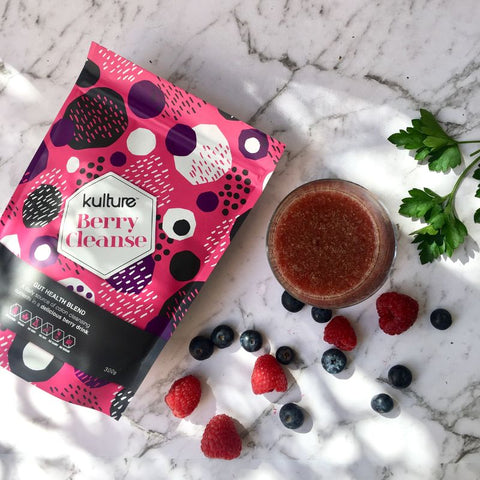Another food that enjoys ‘superfood’ status is the sweet and tangy blueberry. Berries have always been regarded as antioxidant foods. Blueberries contain a particularly potent flavonoid called anthocyanin. It is a water-soluble vacuolar pigment that gives the blueberry its distinct blue colour and is somewhat responsible for its astringency. Anthocyanin, in plants, play a protective role. It counters oxidative damage that result in cell death. Imagine how that can help human cells.
Nutritional profile
Blueberries may be small, but they are nutrient dense, high in fibre, and low in calories. 1 cup (148g) of blueberries contain 24% of the RDI of Vitamin C, 36% of the RDI of Vitamin K, and 25% of the RDI of Manganese. One cup of it contains only 84 calories and has small amounts of iron, magnesium, phosphorus, potassium, and zinc,

Managing diabetes
Blueberries contain a good amount of soluble fibre, which helps stabilise blood sugar and keep our digestive system happy. Studies in people who have type 1 and type 2 diabetes found those who consume high fibre foods have improved blood sugar and insulin levels. Studies show that people who consumed blueberries have improved insulin sensitivity.
DNA damage and ageing
Oxidative DNA damage is one of the main causes of ageing. We all know that antioxidants help fight oxidative damage and neutralise free radicals. Believed to be one of the highest antioxidant rich foods, blueberries can help reduce oxidative DNA damage by fighting free radicals that cause oxidative stress. What’s more, the anthocyanins present in blueberries have been found to slow down brain ageing. One Harvard research concluded that that eating more blueberries slowed cognitive decline by up to 2.5 years.
Cancer prevention
The antioxidant properties of blueberries help neutralise free radicals, the main cause of cellular damage that is the biggest factor in the development of cancer cells. In a study researching the “effect of blueberry ingestion on natural killer cell counts, oxidative stress, and inflammation prior to and after 2.5 h of running”, researchers found that consuming blueberries improved natural killer cells - white blood cells that scan the body for abnormal cells and destroy them before they can develop into actual cancers.
Improved heart health
Blueberries can help prevent atherosclerosis, heart attacks, and strokes by reducing bad cholesterol, improving blood fat, and preventing arterial clogging by preventing homocysteine build up in blood vessels. Basically, the nutrients in blueberries help improve cardiovascular function by easing blood flow through the veins and arteries.

